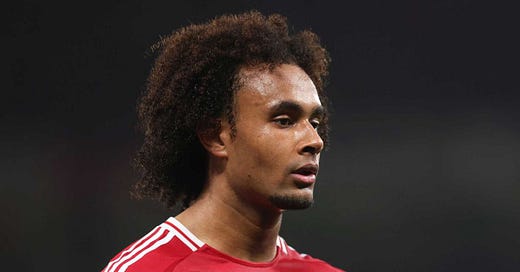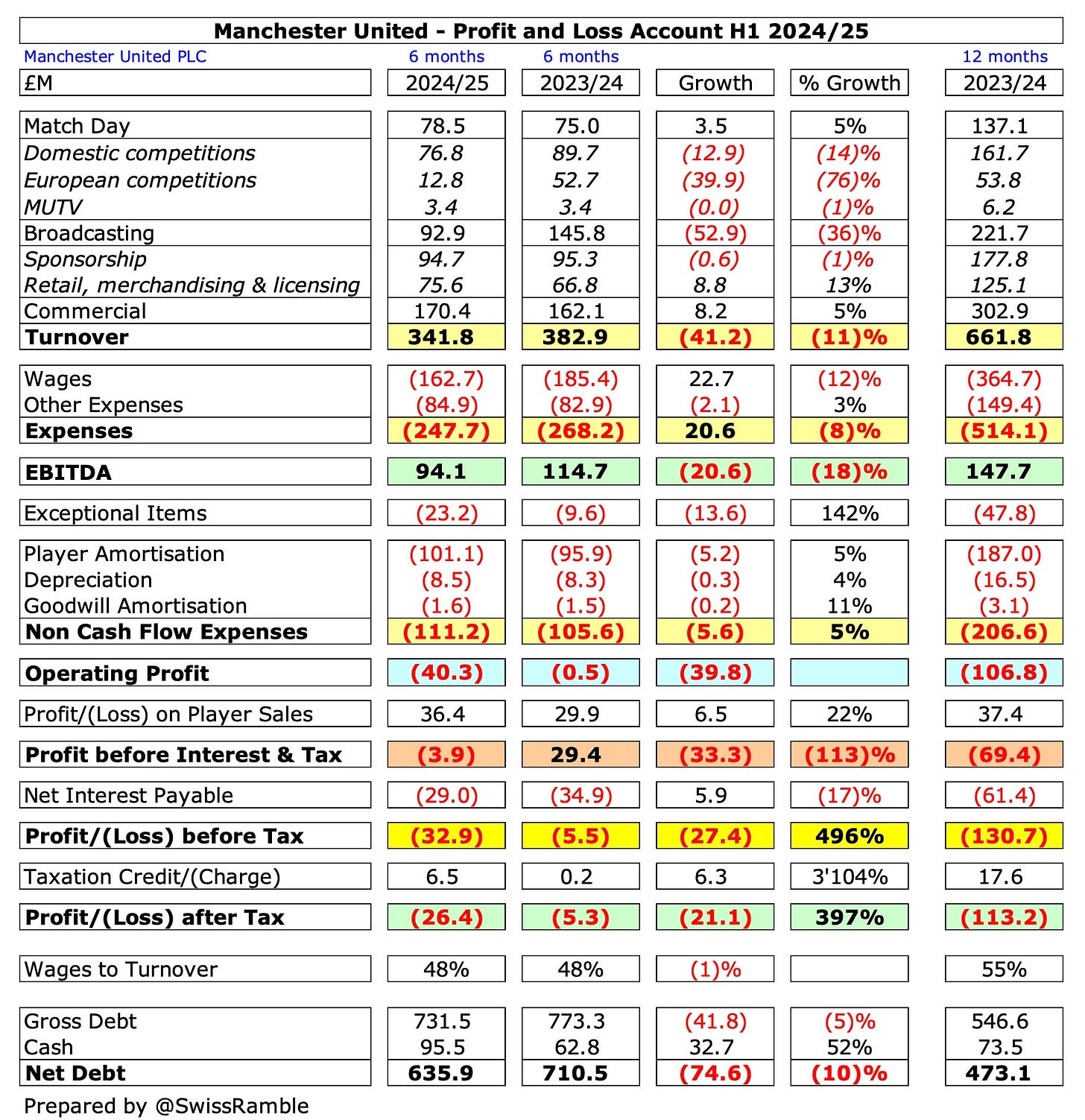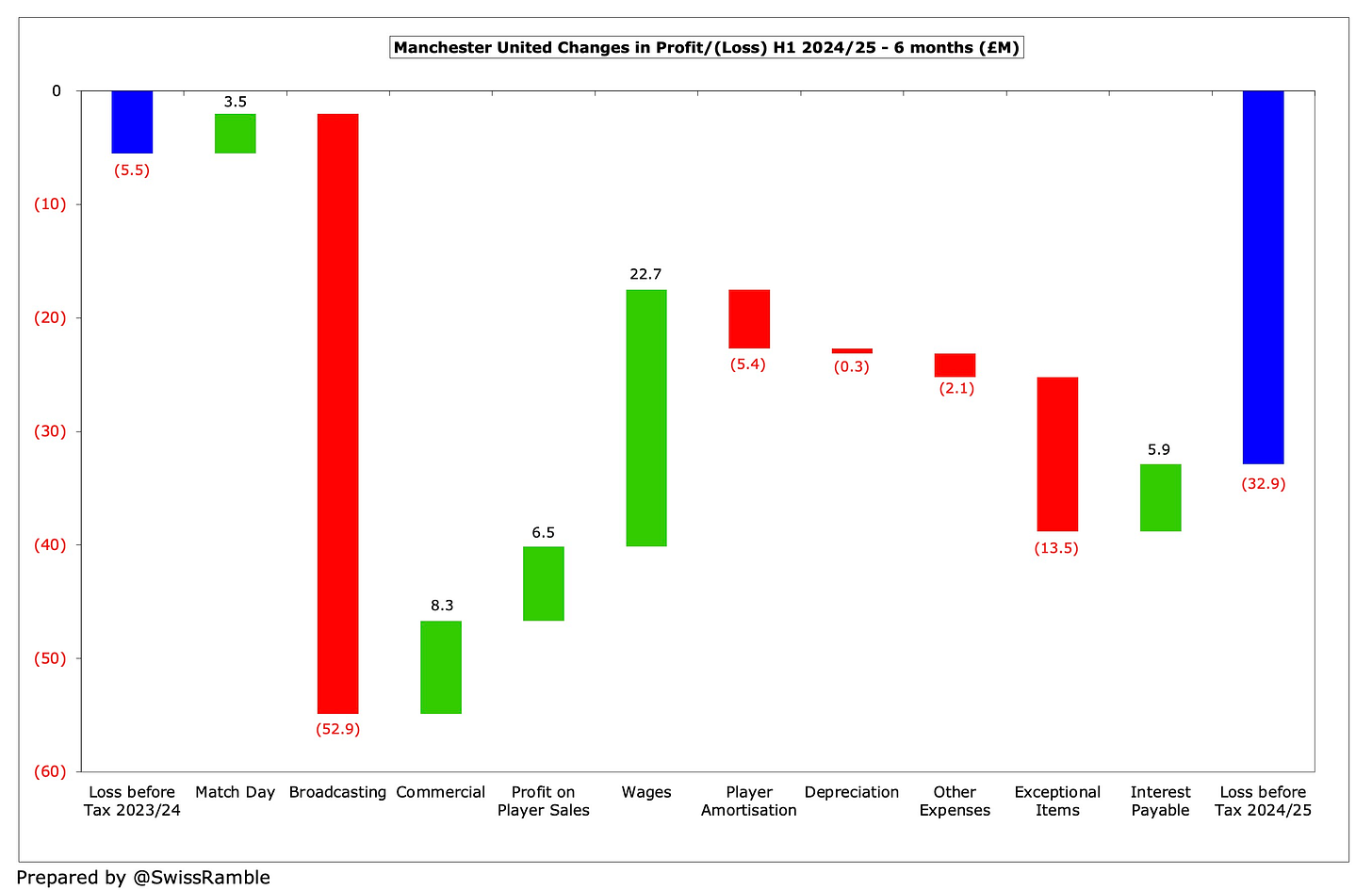Ever since Sir Jim Ratcliffe purchased a stake in Manchester United, the INEOS chairman has taken a series of unpopular decisions that have left many supporters scratching their heads, as the local boy made good appears to not care about being put in the same category as the reviled Glazers.
The billionaire has pushed forward a series of decisions to reduce the club’s cost base, including making around 250 employees redundant last year with plans to further reduce staffing levels, reportedly by another 100-200. This will even impact United’s famous academy, which has supplied at least one homegrown player for every match day squad since 1937.
Other cost savings measures included ending Sir Alex Ferguson’s ambassadorial role despite the Scot being the most successful manager in United’s history. In the same way, the salaries of former players acting as ambassadors, such as Bryan Robson, Andy Cole and Denis Irwin, have been lowered.
Various other staff perks such as subsidised travel to the FA Cup final have been cut, while the traditional staff Christmas party was also canceled.
In addition, the club has increased members’ match-day ticket prices to £66 with no reductions for seniors or children and increased parking charges for disabled fans.
Interim Results 2024/25
Let’s take a look at United’s interim accounts (covering the six months up to 31st December 2024) to help explain the reasons for taking such actions, before looking at who is most to blame for the club’s financial predicament (clue: it’s not the fans, nor is it the back-office staff).
Manchester United’s pre-tax loss widened from £6m to £33m, as revenue dropped £41m (11%) from £383m to £342m, though this was partly offset by profit from player sales increasing from £30m to £36m.
Following the revenue reduction, operating expenses were cut £15m (4%) to £359m, while net interest payable also decreased by £6m (17%) from £35m to £29m. However, exceptional charges more than doubled from £10m to £23m.
It’s worth noting that United nearly broke-even (including player sales), but interest charges led to another substantial loss.
The revenue reduction was driven by only participating in the Europa League compared to the Champions League in the previous year, leading to a large decrease in broadcasting, which fell £53m (36%) from £146m to £93m.
On the other hand, there was growth in both commercial, up £8m (5%) from £162m to £170m, and match day, up £3m (5%) from £75m to £78m.
Wages fell £22m (12%) from £185m to £163m, mainly due to lower performance bonuses, though player amortisation continued to rise, increasing by £5m (5%) from £96m to £101m. Other expenses were also slightly higher, up £2m (3%) to £85m.
Strengths
On the face of it, United should be in a fabulous position, as we are talking about one of the great football clubs, playing in the best, most financially rewarding league in the world.
Keep reading with a 7-day free trial
Subscribe to The Swiss Ramble to keep reading this post and get 7 days of free access to the full post archives.






